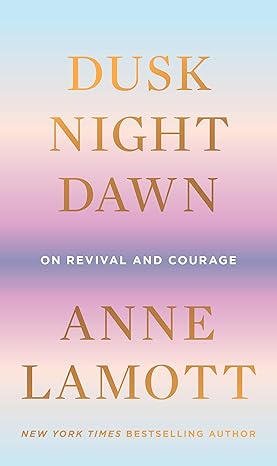For a thoughtful and thought-provoking look at where books may be headed, I recommend Tom Peters’ “The Future of Reading,” published on Library Journal’s website. Peters clearly lays out the challenges and issues facing the publishing industry and introduces readers to new trends and innovations made possible by emerging technologies, including shared authorship, cell-phone novels, and the increasing power of the reader.
Peters also suggests some “planks” for a Reader’s Bill of Rights, including one with which I wholeheartedly agree: that the reader, in purchasing [access to] the text, should thereby have the right to use that text “in all modes and instances and on all devices, for the duration of the ownership agreement.” This would solve the problem of buying an e-book for a digital reader device, only to lose access to that book in five or ten years when the device dies and the new devices use an incompatible format. Mr. Peters would extend this right to include text-to-speech (TTS) audible reading of the material — something which was available on the new Kindle until a number of publishing companies objected.* (TTS is computer-generated, not a human reading such as audiobooks produce. In my opinion, it’s not a substitute for a good audiobook performance, but can be useful, particularly for nonfiction and for the visually-impaired who want to listen to a book for which no recording has yet been made.)
If you’re at all interested in where the publishing industry, libraries, and reading in general are headed, I suggest you peruse Mr. Peters’ article.
*While the capability still exists on the Kindle, an agreement between Amazon.com and publishers allows publishers of e-books to disable TTS on any titles they produce, thus severely limiting its applicability.




































